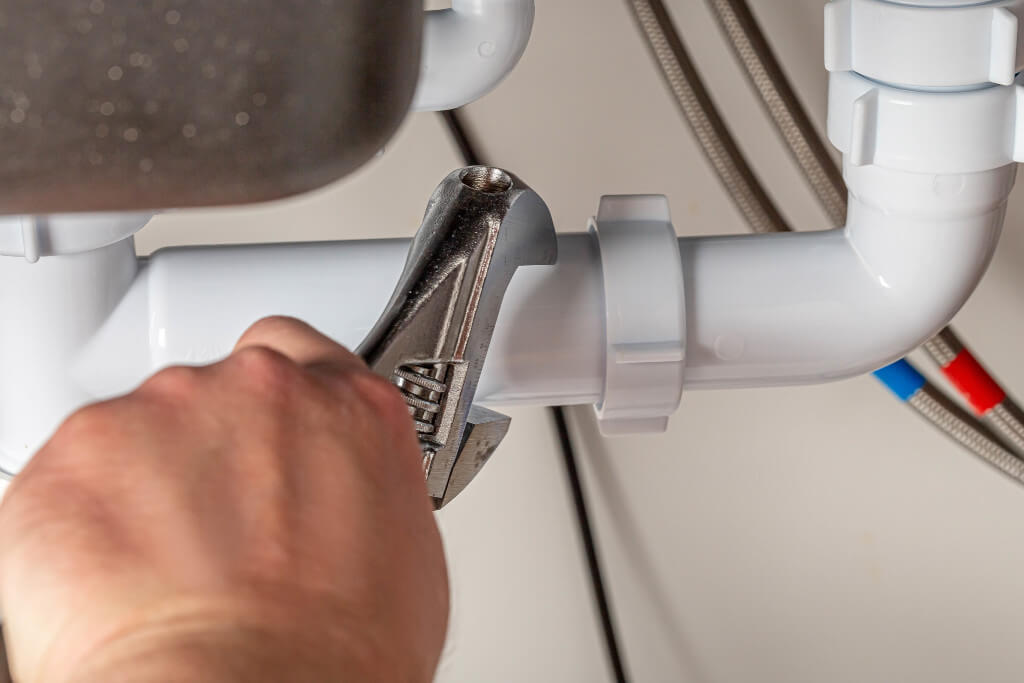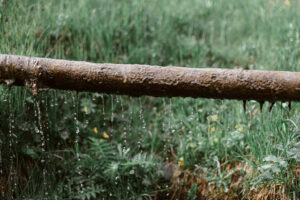It’s possible that you don’t give much thought to the plumbing in your home until something bad happens to it. On the other hand, a number of plumbing issues become worse with time. If you know when to call a plumber, you might save money on your water bill, as well as on the price of any repairs or damages that may occur.
The lifespan of plumbing is typically rather long if it is installed in the correct manner. Nevertheless, some degrees of maintenance is still required, and occasionally an expert is required to deal with complicated situations. Contact any local plumber in Cape Town to assist you with your needs.
What Am I Capable of Doing by Myself?
The average homeowner is capable of performing numerous plumbing-related activities on their own. Among these include replacing the washers on the faucets, keeping a look out for water damage and leaks, and ensuring that the surfaces around the sinks, bathtubs, and faucets are properly sealed.
Maintaining a tight eye on how much water is used is likely the single most critical thing that a homeowner can do. Not only does an increase in water consumption deplete your savings, but it also raises the possibility that there are issues with the plumbing in your home.
What Are the Most Frequent Reasons for Plumbers to Be Called Out?
Plumbers are in great demand because they are equipped to deal with a variety of issues that can occur in a home and are therefore in high demand. The following is a list of the most common reasons why individuals call a plumber:
- Broken or leaking faucets or pipes
- Burst pipes
- Clogged drains
- Leaking toilets
- obstructed commodes
- clogged drain or sewer
- Sewerage smell
- The geyser that is inefficient or leaking
- Burst geyser
You may be tempted to try to handle these issues on your own, but before you do so, you should make sure that you are fully aware of what you are doing. Using dangerous chemicals or making ill-advised repairs on your own can result in extensive damage and costly repairs that are not protected by your insurance policy.
When Should I Call a Plumber for an Emergency, and Who Should I Call?
Since the plumbing in a home receives the majority of its use outside of normal business hours, it should come as no surprise that most plumbing issues occur in the evenings or on weekends. The majority of plumbers provide emergency services; however, these services typically come with an additional fee if they are requested outside of normal business hours.
Ask yourself the following questions if you are uncertain as to whether or not your plumbing problems can wait until the following working day:
Do I have the option of isolating the water supply to the problematic location, or do I have no choice but to turn off the water at the mains?
- Is the source of the issue in close proximity to any electrical outlets?
- Is there a substantial amount of water being wasted as a result of the problem?
- Is there a possibility that a pipe or geyser has burst and caused the problem?
- Is there a clog in your sewerage line, or is your toilet constantly running?
- Is there a chance that the issue could put the health of your family at risk?
- Will the damage be worse if we wait until the next working day to take action?
- What could be causing my extremely excessive water consumption?
If you have tried to cut back on your water usage but have not been successful in lowering your bill, it may be time to get in touch with a plumber. Leak detection is a service that is offered by many plumbers. This service involves the utilization of specialized gear in order to locate leaks in your roof, walls, and even underground. Finding these hidden leaks as soon as possible will help you save money on your water bill and protect your property from structural harm.
Am I Able to Install the New Plumbing on My Own?
If you’re remodeling your house or just giving it a facelift, you might be tempted to tackle the plumbing work on your own to cut money. However, this is not recommended. Changing out a faucet or mixer may be a simple do-it-yourself repair, but installing new pipelines and outlets is a job that ought to be left to the professionals.
What Exactly is a Certificate of Conformity for Plumbers?
A certificate of conformity (COC) from a licensed plumber can provide you with the assurance that an installment or the plumbing in your house is in good shape and complies with the appropriate requirements. These should be insisted upon when geysers, solar water installations, and heat pumps are being serviced or installed since they are particularly helpful when purchasing or selling a home and because they should be required to be installed.
What Criteria Should I Use to Pick a Plumber?
Because there are so many possibilities to pick from, it can be challenging to determine which plumber is the most suitable for your requirements.
When making your choice, keep in mind the following considerations:
- Be wary if the pricing looks like it’s too tempting to be true because it probably is. There is a possibility that the plumber is not certified, that they will charge more once they are on the job, or that they are part of a criminal organization that is attempting to obtain access to your house if they offer significantly reduced costs.
- Make certain that the plumber you hire is qualified, and check the Plumbing Industry Registration Board to ensure that they are registered.
- Inquire about recommendations from members of your family, your friends, and groups from the neighborhood.
- You may find highly trained and experienced plumbers who have already passed the screening process by going to the online marketplace.
- Are you looking for call-out services that you can rely on?
- There are many websites that feature a variety of skilled and knowledgeable service providers who offer in-home call-out services for a variety of household needs.



